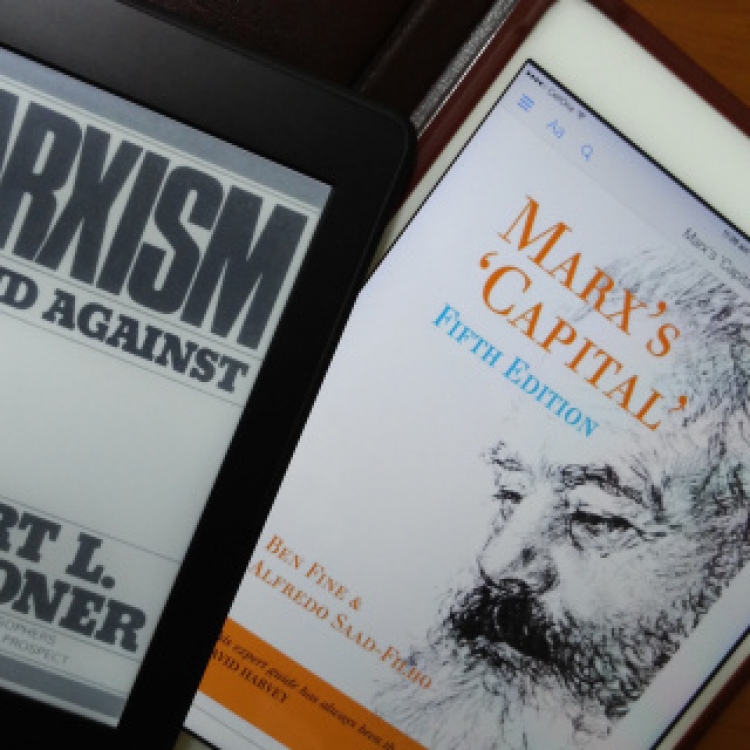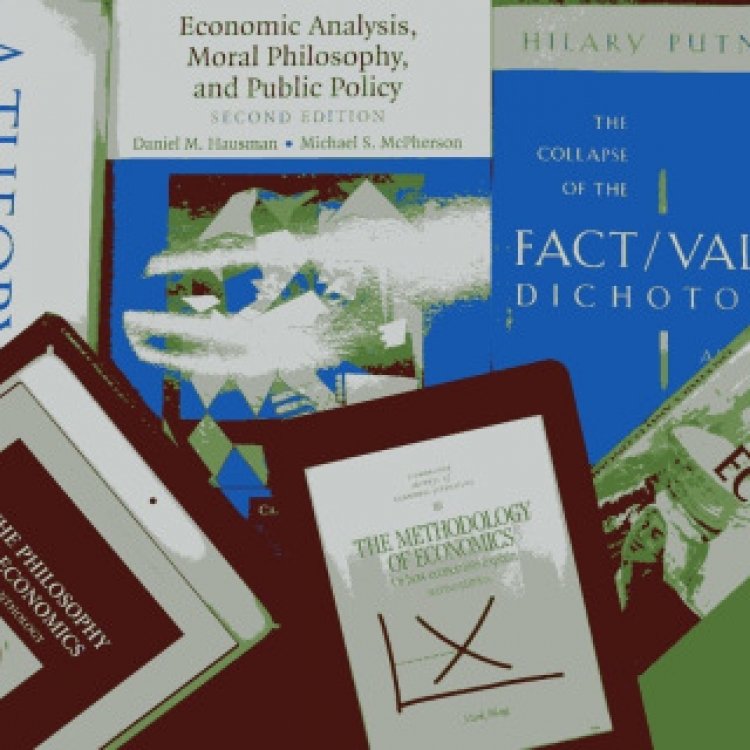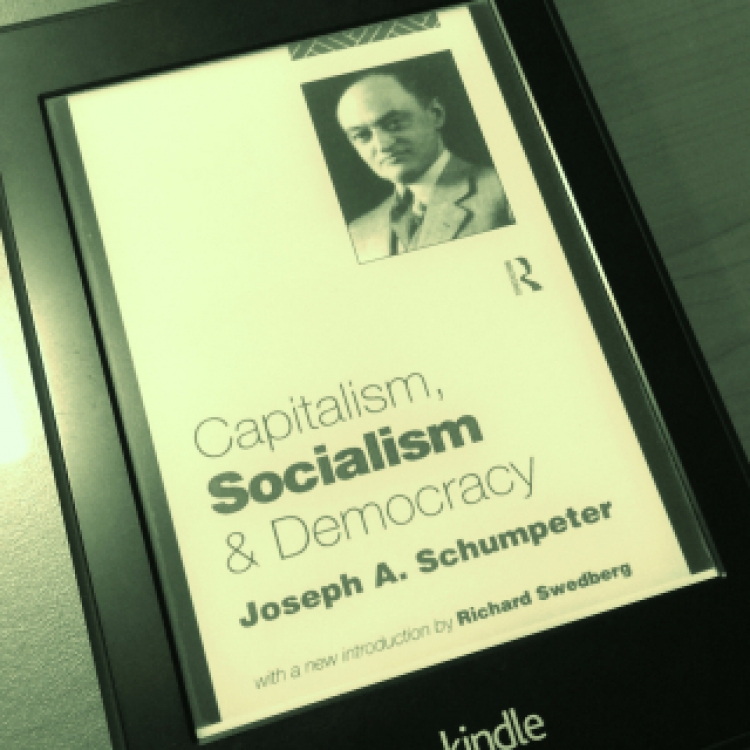
For and Against - Heilbroner's Take on Marx
01 Aug 2015 0 comment(s) World of Books
(This piece was originally published on wordpress-site on 1 August 2015)
Despite my best of intentions, I was not satisfied with my progress and understanding of Schumpeter’s Capitalism Socialism and Democracy. I was stuck somewhere in chapter 2. I felt the need to have some basic understanding of what exactly Marx said and what his theory is all about, before I could tackle Schumpeter’s analysis of Marx.
Searching for such a book on Kindle, I found Robert Heilbroner’s Marxism – For and Against. I did not think twice and bought it forthwith, though it appeared a little expensive (Rs. 640 for a book of around 175 pages), as I was well aware of Heilbroner’s credentials and had liked his The Worldly Philosophers immensely. I also found another slim book of 200 pages, Marx’s Capital by Ben Fine and Alfredo Saad-Filho, in its fifth edition. I was rather surprised to find a book on Marx in its fifth edition in 2014, which is clear indication that there still is general interest in reading Marx and in understanding and analysing what all he said, and how relevant his propositions are in today’s world. The preface of the book also talks of a new generation's renewed interest in Marx's ideas of political economy and socioanalysis in a globalised world of twenty-first century.
Heilbroner’s book was published in 1980 but it still has all the freshness. I have finished it and I must say I enjoyed it very much. It is a book packed with insights, and is written in hallmark Heilbroner’s interesting and engaging style.
The method of inquiry and understanding which we generally called Marxism rests on four pillars. Having an appreciation of these is important for understanding the meaning and often the brilliant analysis and insight brought forth by Marxian thought and methods. These are:
- The dialectic approach of understanding and knowledge: Dialectics is a difficult word to define with shades of meaning and use, varying in time and space. However, it can be taken as an approach where the real nature of things are analysed and understood by considering their dynamic and conflictual nature. The distinction between the reality (essence) and how it appears (form) is a central aspect of dialectical thought.
- Materialistic Approach to history:This is the perspective which highlights the pivotal role played by productive activities of mankind for sustaining, reproducing and moving forward through history. As such, history and historical change provides an understanding of how societies and mankind has been shaped by forces of production and division of fruits of production among classes.
- What capitalism “is”:By a combination of dialectical philosophy and materialistic approach, we try to understand the historical development of capitalism in its present state and how does it function. This also leads to a better understanding of what capitalism actually “is”.
- Commitment to socialism: This spring from the fact that Marxism emphasis is not on theory and analysis. A believe in the unity of theory and practice is paramount. The belief that the socio-analysis carried out through dialectical method and materialistic interpretation leads not only to real understanding of capitalism, society and movement of history, but also serve as a guide for creation of a socialist future, which mankind has the power to consciously make.
Heilbroner very aptly says that we turn to Marx not because he is infallible, but because he is inescapable. Marx has been compared to Plato and Freud, the persisting influence of whom are mainly due to the fact that they formulated a new mode of enquiry and understanding of the world, even though we many not subscribe to their particular theories or techniques.




Comments
0 comment(s)